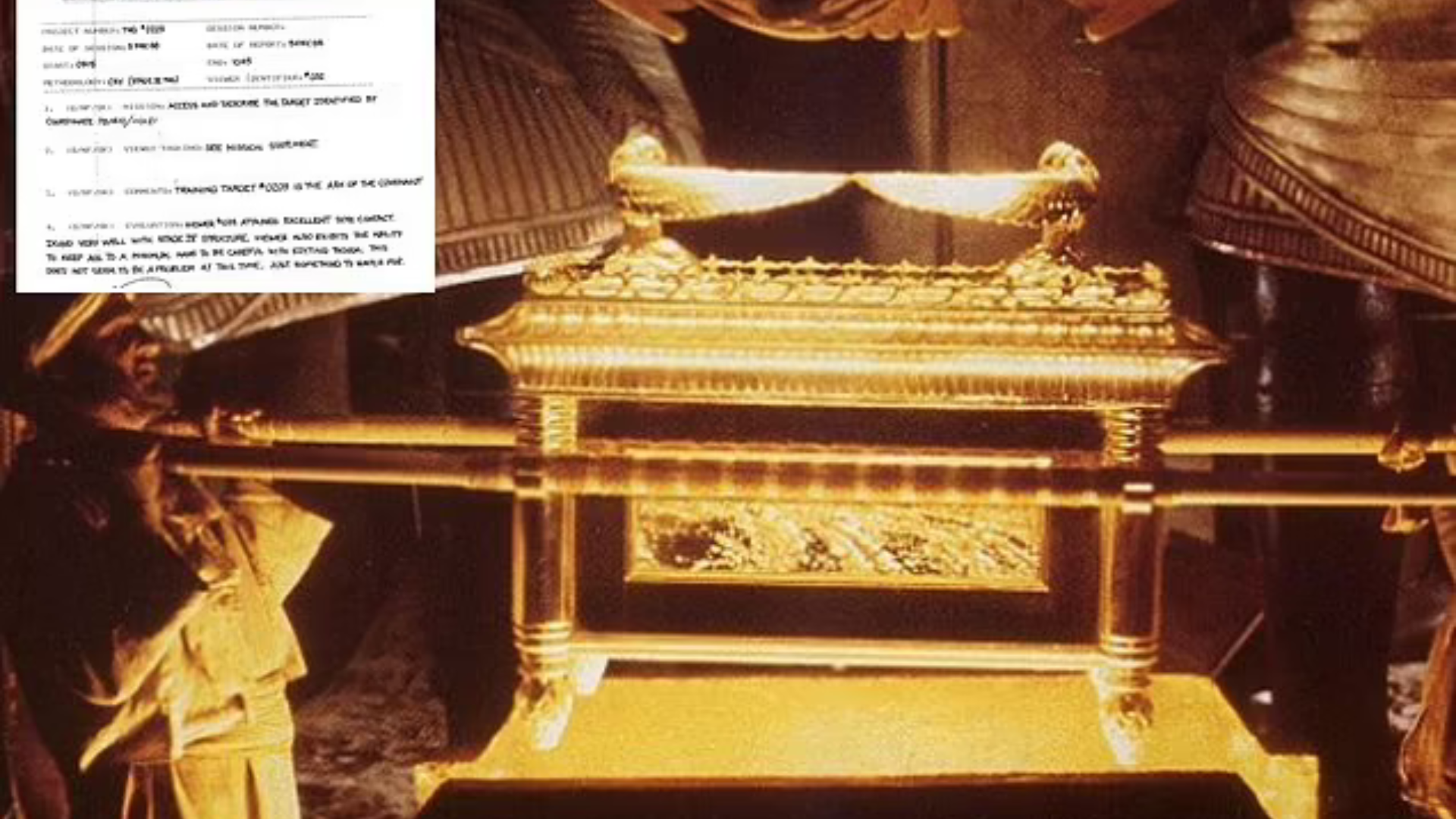U.S. Army border control grows as Trump transfers federal land to tighten grip on the U.S.-Mexico border. This new shift in authority could allow military personnel to detain migrants, despite federal laws restricting U.S. troops from engaging in domestic law enforcement.
What’s Happening?
A section of land known as the Roosevelt Reservation, a 60-foot-wide buffer zone running along the border, will now fall under the control of the Department of Defense. The Army will be responsible for securing the land, and troops may detain migrants found trespassing on it. The area had previously been managed by the Interior Department.
Legal Challenges Ahead
Critics allege that this move skirts the Posse Comitatus Act, which bars military soldiers from enforcing domestic law. Unless specifically authorized, military personnel are not allowed to enforce this law.. Experts argue that this transfer may face legal hurdles, as the military’s primary purpose in this case is border security.
What Will Happen Next?
The Pentagon will begin a 45-day trial period to assess the viability of military control over a section of the Roosevelt Reservation in New Mexico. The Army will improve the border region during this time by adding more fence and warning signs that indicate unlawful entry may result in military security authorities detaining the person.
However, military personnel would capture migrants and then transfer custody to local law enforcement, not hold them directly. It’s unclear if this will require deploying additional troops to the border.
Possible Effects on Border Security
U.S. Army border control at the U.S.-Mexico border includes over 7,100 active-duty soldiers and 4,600 National Guard members providing support. It is unclear how the change would impact the overall security posture, given the Army is now responsible for a portion of the border zone.
Fans are split on the issue as this bold move by the Trump administration casts doubt on the military’s future role in enforcing U.S. immigration laws.
Source: AP News





